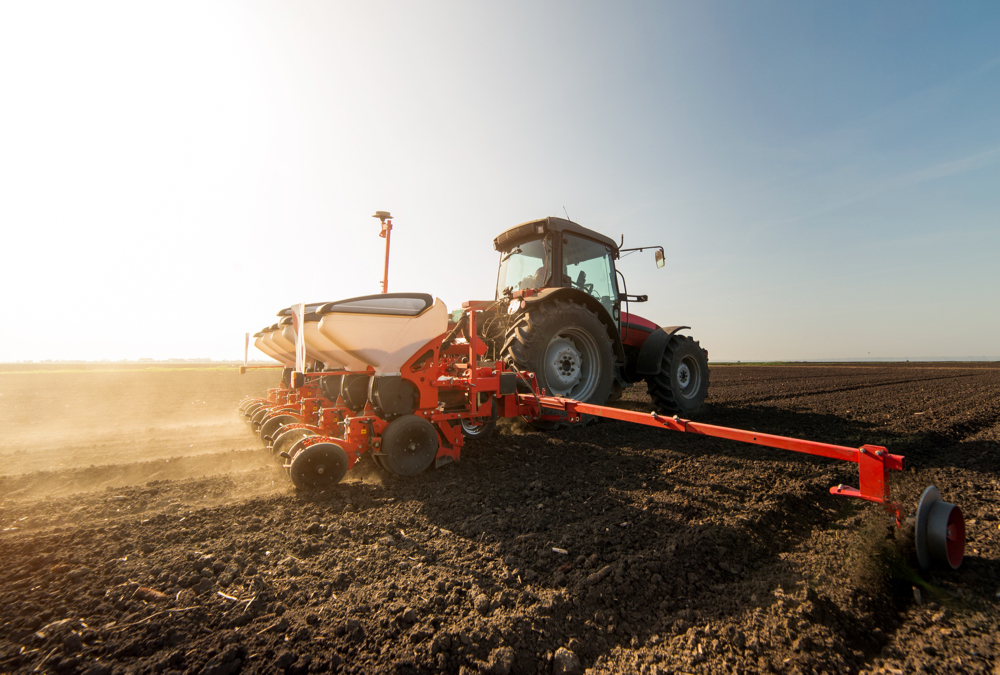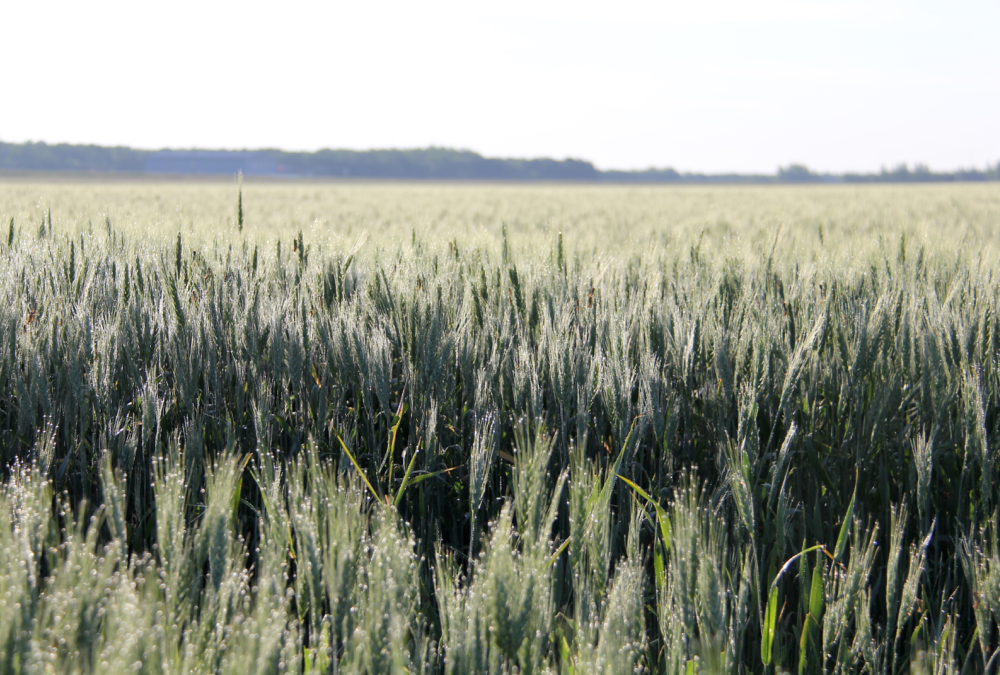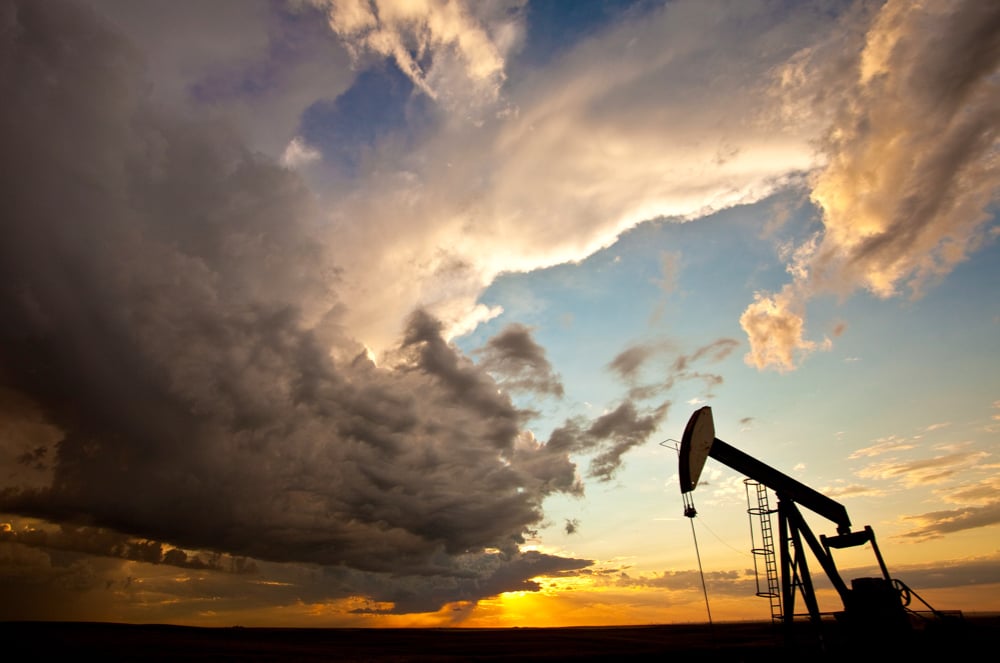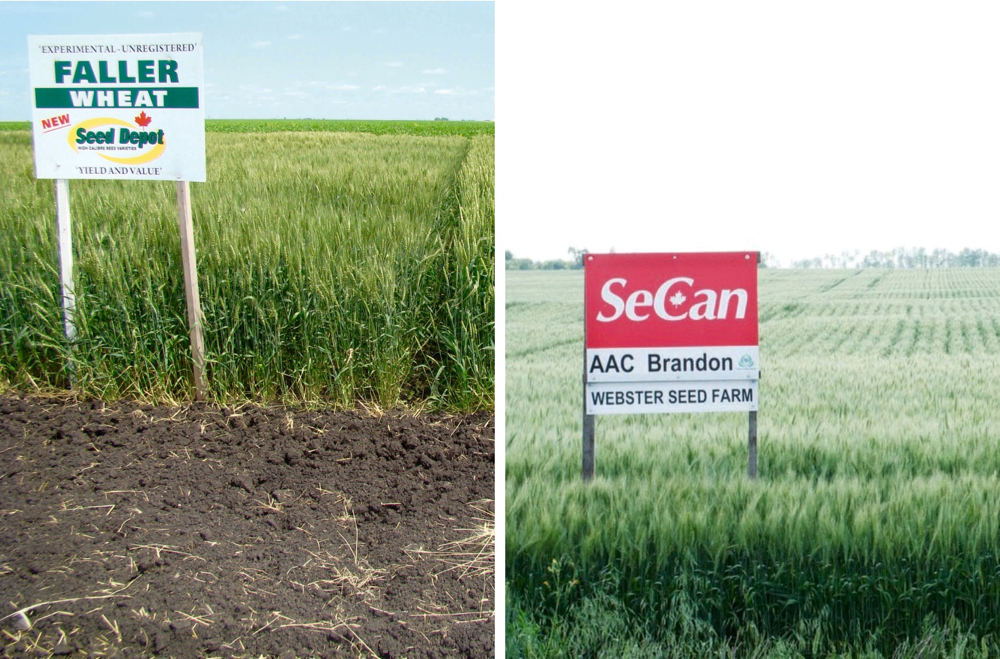John Diefenbaker was no longer Prime Minister when I got to shake his hand. Still, there was an election in the air, and my father, who distrusted Liberals every bit as much Dief (especially when they were led by Pierre Trudeau) had hauled his four boys to the high school auditorium to hear the great man.
I particularly remember my father hooting at one of Dief’s lines:
“The reason the Liberals call it their election platform,” Dief rumbled, “is that as soon as the election is over, their plan is to climb on the next train and leave it far, far behind.”
Read Also

Will investments in defence benefit Canadian agriculture?
A bump in Canada’s NATO spending commitments could lead to infrastructure investments that would benefit rural areas
I don’t know how many thousands of times Dief may or may not have used that line. It doesn’t really matter. He used it once while I was there to hear it, and that’s all that is important.
Nor do I know what Dief would say this year, but perhaps he might tell us that the only way to get rail back on the political agenda in 2015 is to pass a law banning any electioneering except whistle-stop campaigns from the back of a train, the way we did a century ago.
It would be a quiet campaign, at least, and in that way it would be proportionate to the lack of fresh insights in any of the major parties’ agricultural thinking.
The idea seems to be that there aren’t any new ideas worth exploring.
But here’s one, which starts with my own conviction that our railway dilemma is part of our even larger overall crisis with our agricultural logistics and infrastructure.
The solution, I suspect, has got to involve farmers taking an ownership position in transportation, storage and diverse other segments of the market channel in diverse other commodities.
If that seems unrealistic, take a look at Commodity Bulk Handling Group (CBH), the largest co-operative in Australia, owned by 4,200 of that country’s farmers. As discussed by columnist Gerald Pilger in our December 2014 issue, CBH receives and stores 90 per cent of the grain produced in Western Australia at 197 receiving sites, and it has 100 per cent ownership of and operates all four of the region’s port terminals.
CBH also owns its own fleet of locomotives and rolling stock, it has created a joint venture with Hudson Shipping to create Australian Bulk Stevedoring, and it does much, much more besides.
This isn’t a new Canadian Wheat Board. This is a business with $2 billion in assets that strives not to control marketing, but to reduce costs.
Achieving similar success in Canada will take political vision and political leadership in order to equalize playing fields that have been shaped for today’s railways and grain companies.
Or we could have another non-event election, and everyone could get on their trains after. Are we getting it right? Let me know at [email protected].
Tom Button is editor of Country Guide magazine















